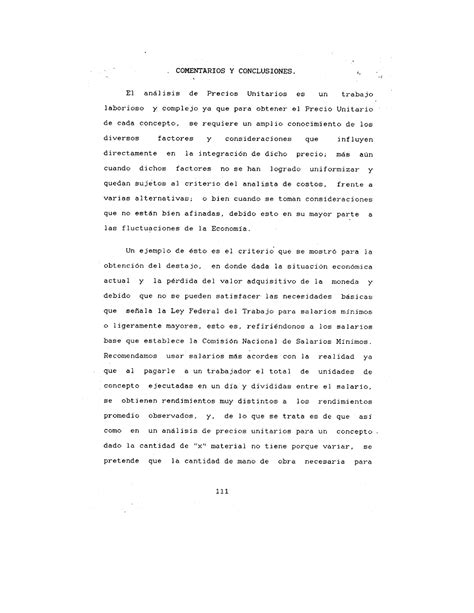Intro
The use of single dose dexamethasone has become increasingly popular in various medical settings due to its potent anti-inflammatory and immunosuppressive properties. As a synthetic member of the glucocorticoid class of steroid drugs, dexamethasone is approximately 25 times more potent than the naturally occurring cortisol. Its efficacy in managing a wide range of conditions, from allergic reactions to cancer, has made it a staple in many treatment protocols. However, like all medications, dexamethasone is not without its side effects, even when administered in a single dose. Understanding these potential side effects is crucial for both healthcare providers and patients to ensure safe and effective treatment.
Dexamethasone's mechanism of action involves the regulation of gene expression, which in turn affects various physiological processes. By binding to specific receptors, it influences the transcription of numerous genes, leading to its anti-inflammatory, immunosuppressive, and metabolic effects. While these actions are beneficial in the context of treating diseases, they can also lead to unwanted effects, particularly when the body is exposed to high concentrations of the drug, such as with a single high dose.
The side effects of single dose dexamethasone can vary widely among individuals, depending on factors such as age, health status, and the presence of underlying conditions. Common side effects may include mood changes, insomnia, increased appetite, and gastrointestinal disturbances like nausea and vomiting. In some cases, patients may experience more severe reactions, including allergic responses, changes in blood sugar levels, and effects on bone density and mood stability.
Introduction to Dexamethasone

Benefits of Single Dose Dexamethasone

Therapeutic Applications
The therapeutic applications of single dose dexamethasone are diverse, reflecting its broad mechanism of action. It is commonly used in the emergency department for conditions such as acute asthma exacerbations, allergic reactions, and certain types of headaches. In oncology, dexamethasone is used to manage chemotherapy-induced nausea and vomiting, as well as to reduce inflammation associated with tumors. Its use in surgery is also prevalent, where it can help reduce post-operative nausea and vomiting, and in some cases, decrease inflammation at the surgical site.Side Effects of Single Dose Dexamethasone

Managing Side Effects
Managing the side effects of single dose dexamethasone involves careful patient monitoring and, in some cases, the use of additional medications to mitigate unwanted effects. For example, anti-emetics can be prescribed to manage nausea and vomiting, while sleep aids may be necessary for insomnia. It is also crucial for patients to be aware of the potential for mood changes and to seek support if they experience significant psychological distress.Long-Term Implications

Future Directions
Research into the effects of single dose dexamethasone and the development of strategies to minimize its side effects while maximizing its therapeutic benefits is ongoing. This includes the investigation of novel delivery methods, the use of dexamethasone in combination with other drugs to enhance efficacy and reduce side effects, and the development of new corticosteroids with improved safety profiles.Conclusion and Recommendations

Final Thoughts
As with any medication, the key to the safe and effective use of single dose dexamethasone lies in a comprehensive understanding of its pharmacology, careful patient selection, and diligent monitoring for side effects. By working together, healthcare providers and patients can ensure that this powerful drug is used to its fullest potential, improving outcomes and enhancing quality of life for those who need it.What is the most common side effect of single dose dexamethasone?
+Mood changes, including anxiety and insomnia, are among the most commonly reported side effects of single dose dexamethasone.
Can single dose dexamethasone cause long-term health problems?
+While generally safe for short-term use, repeated or high doses of dexamethasone can lead to long-term side effects such as osteoporosis, cataracts, and adrenal insufficiency.
How can I minimize the side effects of single dose dexamethasone?
+To minimize side effects, follow your healthcare provider's instructions carefully, monitor your body's response to the medication, and report any concerns promptly. Maintaining a healthy lifestyle, including a balanced diet and regular exercise, can also help mitigate potential side effects.
We invite you to share your thoughts and experiences with single dose dexamethasone in the comments below. Your insights can help others better understand the benefits and risks associated with this medication. If you found this article informative, please consider sharing it with others who might benefit from this information. Together, we can promote a safer and more effective use of single dose dexamethasone in various medical settings.
